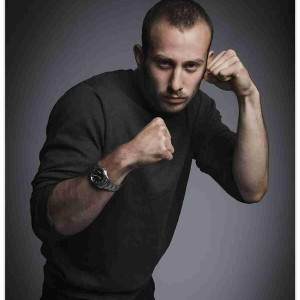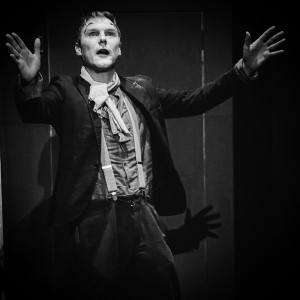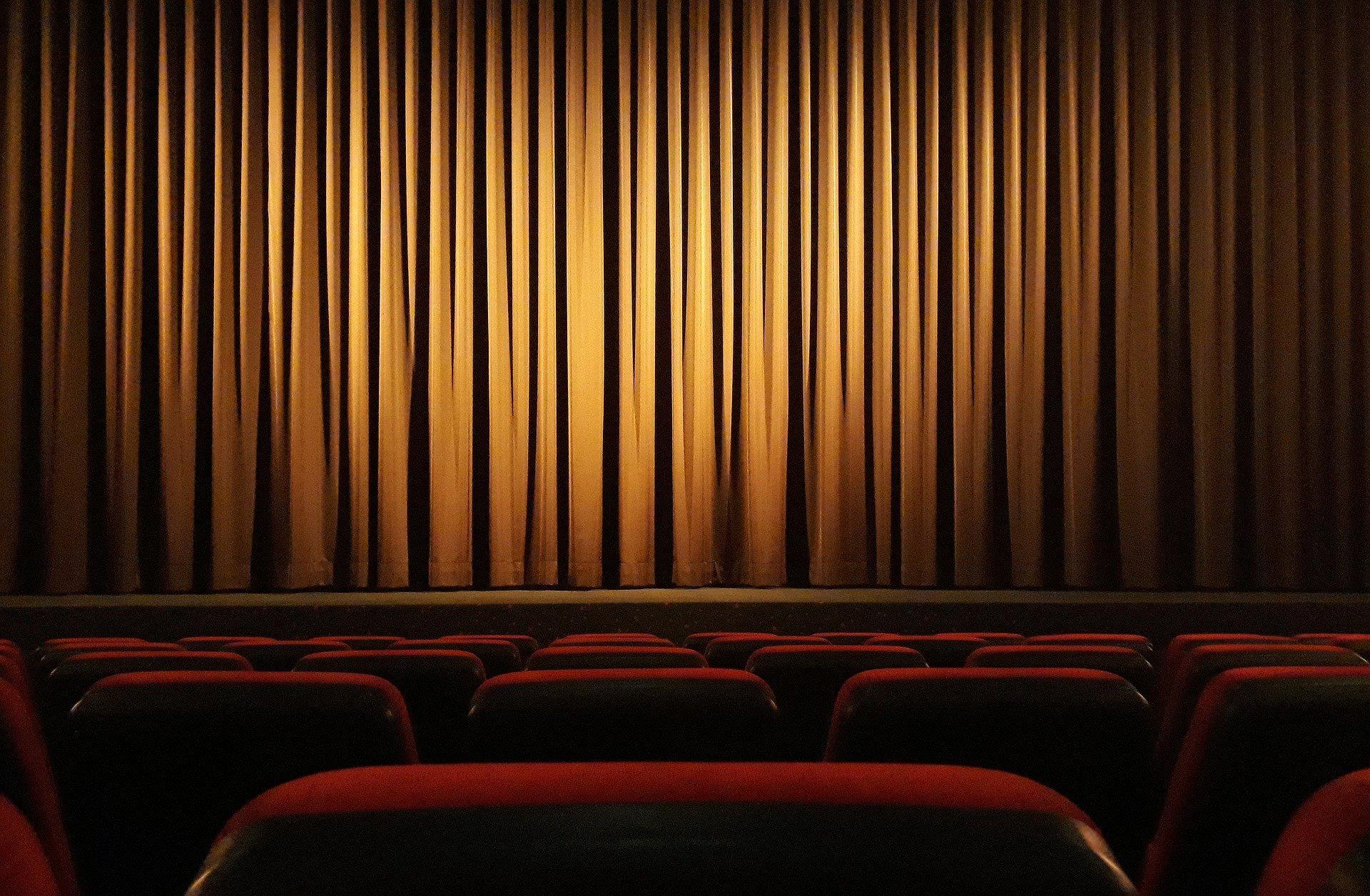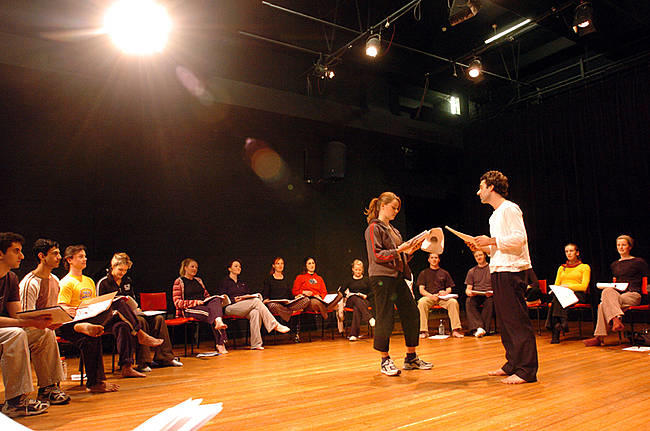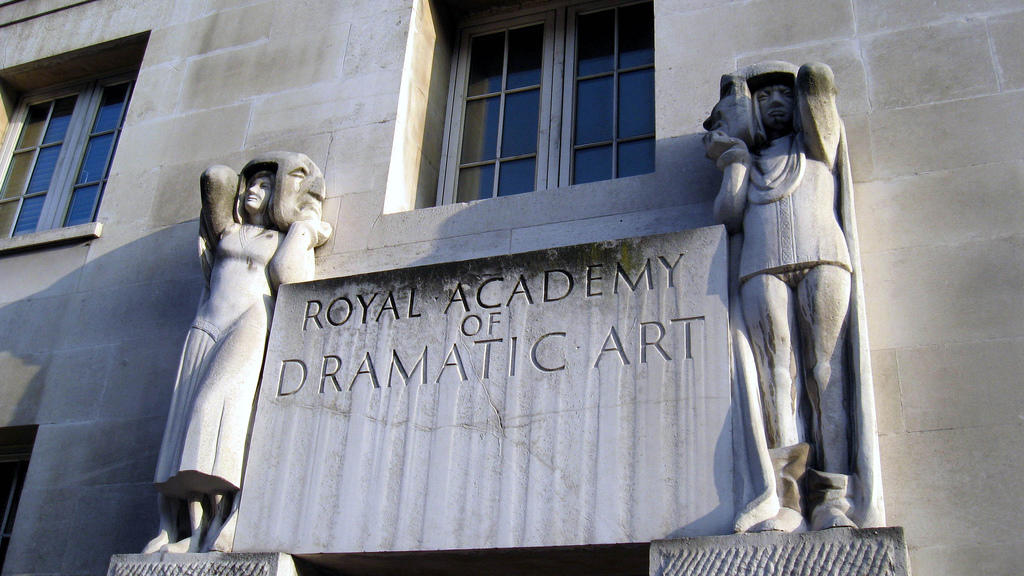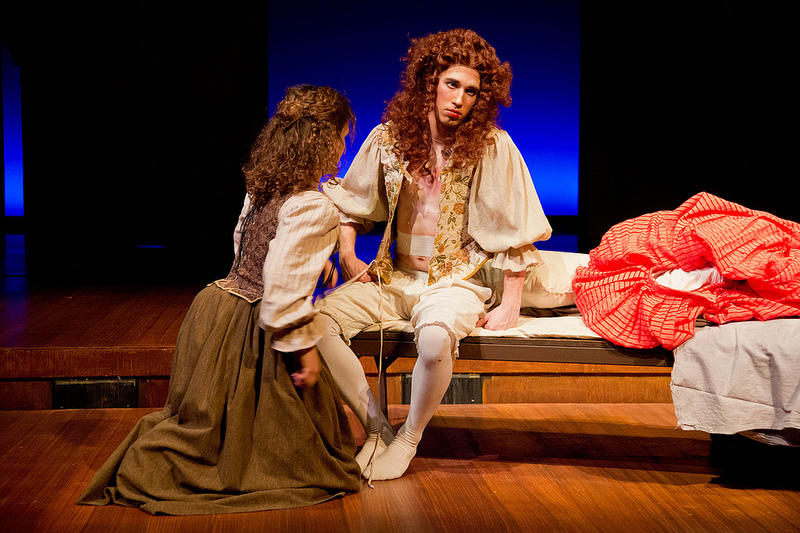Filmmakers are always keen to capture the scenic rural hinterlands as well as the historic castles and towns that can be found scattered around the island. There are many movies that have at least a handful of scenes that were filmed right here in Ireland.
Another reason for this is the attractive tax incentives the country offers production companies, making it a favourite location for blockbuster hits like "Game of Thrones" and "Star Wars."
Due to the country’s popularity among film-makers, there are plenty of opportunities for budding actors like yourself.
Traditionally, those in performing arts would have had to head overseas for work in bigger entertainment markets, such as our neighbours across the pond or America.
It can safely be said that the Irish acting scene is thriving, with countless young stars becoming household names and leaving plenty for the next generation to aspire towards.
If you're curious about how to pursue an acting career or if it's challenging to break into the industry in a place teeming with opportunities, Ireland is certainly the place to do it.
There are plenty of avenues through some acclaimed drama schools and numerous acting opportunities. The path to becoming part of the lineage of famous Irish actors begins here.
In this article, I aim to help you navigate the essentials of entering the world of acting in Ireland. I’ll leave you with some valuable tips that you can apply to elevate your career, advise you on gaining hands-on experience through auditions and creating a standout acting portfolio.
Whether you aim to add your name to the long list of greats who have made it onto the big stage or simply looking to land your first audition, this guide will provide a roadmap on how you can become an actor.
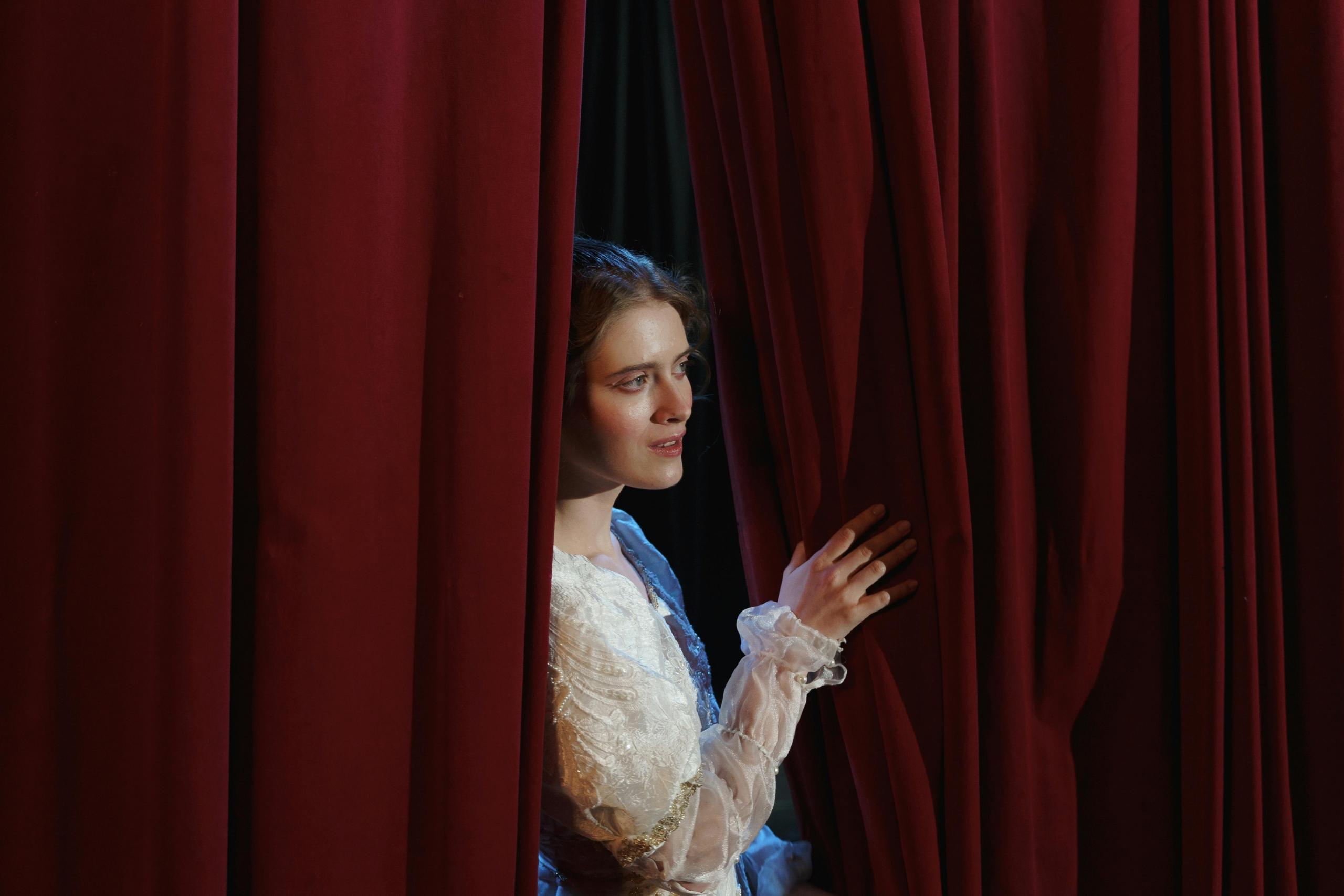

The Trajectory of the Irish Acting Scene
If you need some more reassurance before investing in your acting career here in Ireland, then you will surely marvel at why the nation has achieved such recognition for its film sector.
Would you believe that Ireland’s TV shows, Films, and Animation sector is worth over €645 million and supports more than 11,960 jobs?
Irish films are also held in high regard and have clinched some more than impressive awards on the international stage. The country’s films are picking up awards, such as the Academy Awards and the Palme d'Or, which showcase the global impact of Ireland's cinematic contributions.
There is also a lot of support for actors and production companies here which certainly adds a cushion when getting a film project off the ground or takes some of the stress away if you find yourself between roles and auditioning your next gig.
Initiatives like Screen Ireland project funding and competitive tax incentives offer up to a 32% tax credit, underlining the nation's commitment to nurturing this creative industry.
There is also a development initiative that underscores a commitment to nurturing new talent, benefiting over 5,000 participants and ensuring the industry's vibrant future. This is surely comforting to hear as an aspiring actor thinking about taking their next steps here in Ireland, right?
Lastly, there are those who have made the scene what it is today and helped to secure such support in the first place. There have been dozens of incredible directors and writers of significant international repute who have helped cement its status as a creative powerhouse.
Working as an actor in Ireland
To become an actor in Ireland, start by getting familiar with the current acting opportunities in your area. By this, I mean before you dive into taking lessons or an entire course, why not try out some community theatre or improve groups?
Even if you have no experience, if you create a short showreel that demonstrates your natural acting ability, you could land an audition. And landing an audition is the first step to landing a role, which, no matter how small, will give you more material for your showreel.
However, if you want to take acting seriously, at some point you are going to have to take some lessons or direction from someone.
"I know what the important things are in life. I know that just because I pretend to be someone else for two hours on the silver screen doesn't make me a better person than the next man. So, I mind all those things. Simple things."
- Colin Farrell
Developing your acting skills is a crucial step on the journey to becoming an actor in Ireland.
I aim to provide a holistic guide that covers everything, including how you can avail yourself of suitable training and courses to improve your acting skills.
I will also touch on some techniques that you employ and use to level up before going over the importance of gaining experience and networking here in Ireland.
Acting Courses and Training in Ireland
Let's get right into the main course and answer the question that has been looming in your mind since you began reading “where can I learn acting in Ireland?’
Thankfully, there are plenty of options around the island, but of course, the resources and facilities are more plentiful in the more concentrated cities such as Dublin, Cork and Galway.
The Gaiety School of Acting is one such place which is renowned as one of the best acting schools in the country.
The school’s campuses are located in Dublin, with options both north and south of the Liffey, in Sandyford and Malahide. They offer a range of courses to suit students' needs, including full-time, part-time, and short-term options.
Another key player in the field is The Lir Academy at Trinity College Dublin, which is known for its three-year Bachelor in Acting program. This intensive course focuses on developing your skills and is designed in collaboration with RADA to prepare graduates for success in the industry.
The poof is in the pudding; the school has produced a long list of celebrated actors, and it is a great way to throw yourself into the industry!
Ireland's vibrant acting community also includes institutions such as the Dublin Academy of Dramatic Arts (DADA), Act One Drama School and Dundrum Academy of Performing Arts.
These schools provide programs tailored to enhance acting abilities. If you have an interest in drama studies, you can also explore offerings at institutions like DIT, UCD, and Trinity College Dublin for a well-rounded education!
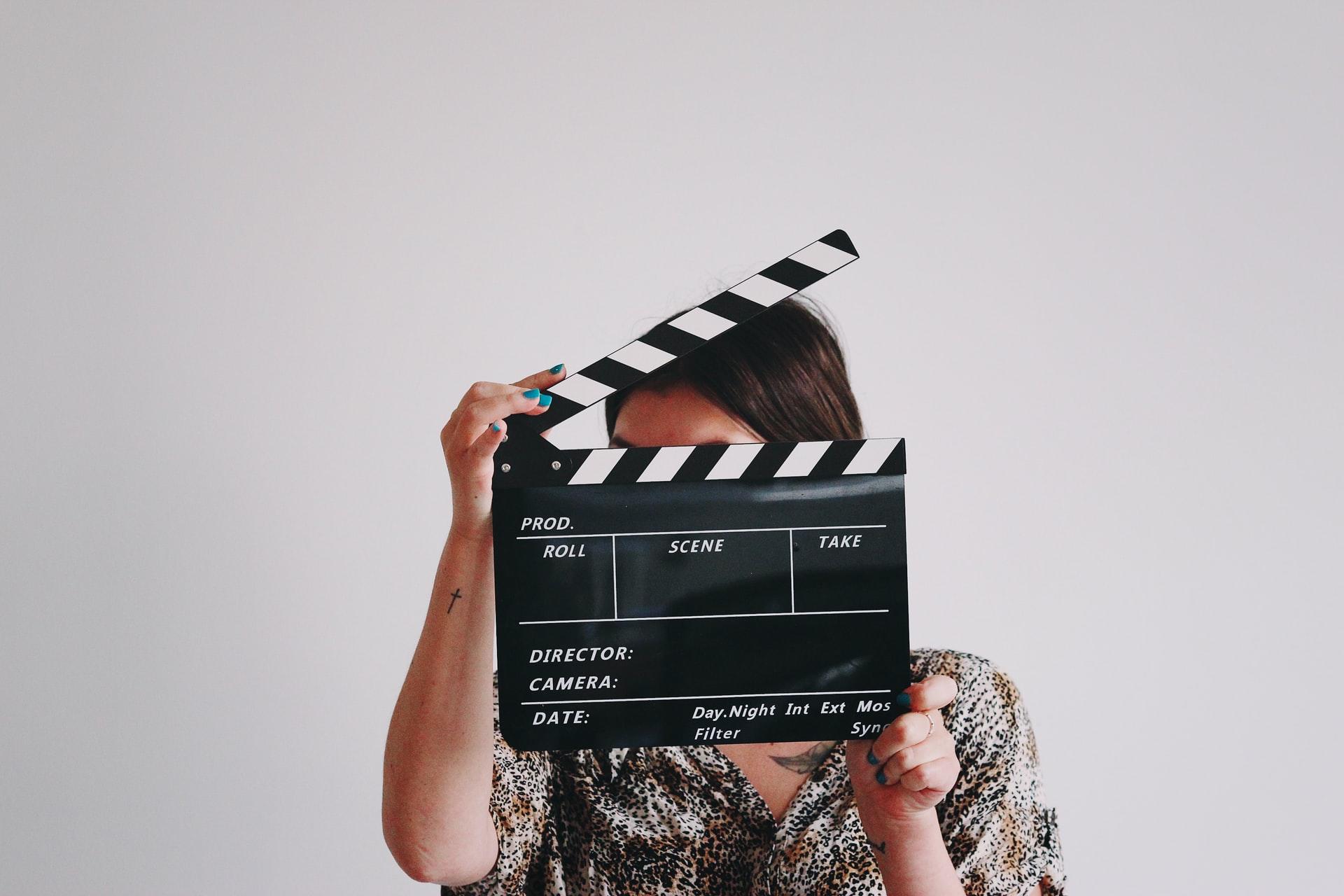

Skill Development Techniques
Observation and analysis should play a big role in your training as an actor, regardless of what level you might be at. Since acting is largely a game of imitation, you will learn a lot by observing people and analysing films in detail.
Watching a talented actor play a role that you think you might be suited to will give you some insights into human behaviour and character portrayal.
Another avenue for skill development is exploring different forms of literature such as screenplays, plays, novels, poetry, and comic books. This will leave you with a heightened understanding of storytelling and character development, enriching your approach to acting.
Two methods that are often overlooked are physical and vocal training. There is a reason why drama schools place such an emphasis on honing these skills from a young age!
You should practice mirroring movements and improve your capacity to embody characters and convey emotions convincingly. On top of this, taking Voice Acting classes will equip you with skills like modulation and creating distinct characters necessary for a variety of roles.
By working on these development techniques over time, you will enhance your versatility as an actor, strengthening your bond with characters and audiences alike!
Networking as an Actor in Ireland
Networking is, without a doubt, the most effective method of securing acting work. Countries all have their own ways of doing things and unique social structures. I will provide a detailed account of how you can get involved in the Irish acting scene and hope to help you secure your next role.
Ireland’s film festivals are great for actors looking to make connections in the film industry. One such event is the Cork International Film Festival which is a great opportunity for you to network your way around the Irish acting scene.
Beforehand, you should do some research on the best Irish films being shown and pinpoint individuals you'd like to connect with. Smaller indie films are a goldmine for meeting emerging directors who could be contacts in the future.
Get your invites by reaching out or joining social media communities such as Actors Ireland. Many of these events in Ireland have accompanying hangout spots in cafes and hotel lobbies where you can mingle.
Take part in discussions and workshops to gain insights from industry experts and build relationships. Remember to stay professional and focus on creating connections rather than just swapping contact details.
A key aspect of networking is confidently initiating conversations. Starting off with a sincere approach, like showing interest in meeting someone, sets a positive atmosphere and encourages meaningful interactions.
Being authentic is vital; industry professionals value connections over formality. Building a rapport by sharing interests beyond acting can help establish relationships.
It's also important to expand your network beyond actors. Connecting with casting directors, producers, and directors can provide insights and opportunities.
Don't shy away from seeking feedback on your demo reel or portfolio. Criticism can help you improve your skills and forge meaningful connections.
By practising these networking strategies and nurturing relationships, you can increase your visibility and prospects in the field of acting.
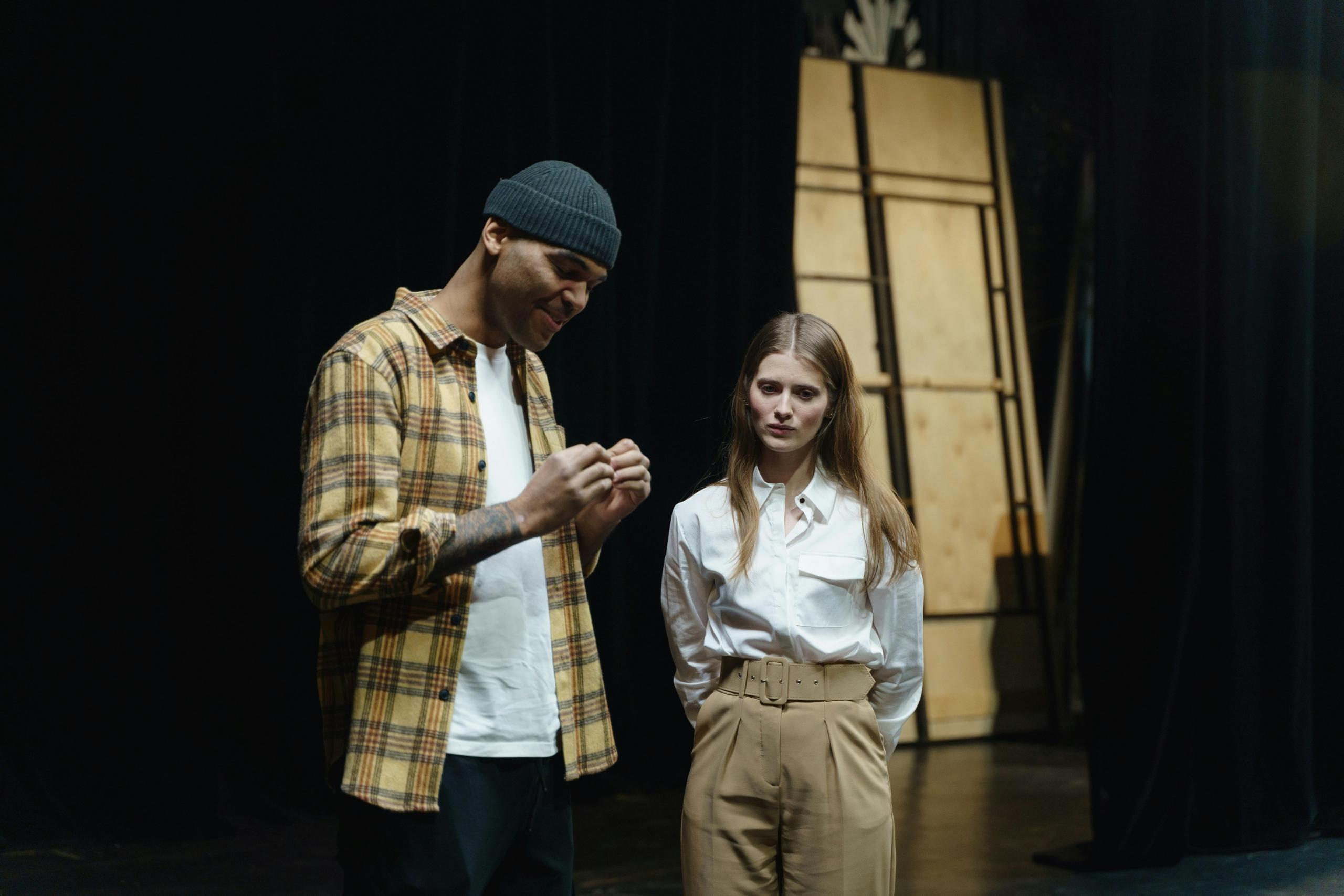
Getting Paid Work as an Actor
Experience is great, but as working professionals, we are always concerned about securing our next paid gig as actors. Here are a few useful tips for you to adopt in order to help secure that next paycheck!
- Don’t be an ass! - this one should be obvious, but a lot of actors have a lot of large egos. If you respond to rejection or “constructive” feedback negatively you will be remembered as someone with a chip on their shoulder and therefore not considered when roles are being handed out. Pick your battles wisely no one wants to work with someone with a bad attitude.
- Be proactive! - No one is going to come knocking on your door... You don't catch your big break by sitting on your ass, you need to be on all the extras websites! Staring at the Sun of Irish Ireland's best actors on their path to global stardom! Have you heard of Normal People? Yeah, who hasn't, but before that Paul Mescal was doing the Denny sausages ad, so get onto those websites and get your career started.
- Work your way up! - Don’t be afraid to take low-paying or unpaid work when you are first starting out. It's always better to say yes to a low-paying job and be remembered for it than to say no and not launch your career at all.
- Follow your gut instinct. - This one is really important. If you arrive at a job and something just doesn't feel right, if something seems sleazy or unprofessional then it probably is. Always trust your gut, if the job doesn't feel like it's for you then it's probably not. Remember in point one I said don't be an ass, this still applies here, make your excuses politely and leave. Always trust your gut.
"Actors will always tell you it's more fun playing bad guys. A lot of the time, it's criminals who are the people who don't care. There's something extraordinarily seductive about the guy who doesn't care, and to play that guy is terribly empowering, because you don't have to worry about the consequences of your actions."
- Brendan Gleeson
If you are serious about securing some paid work as an actor in Ireland's competitive scene, then you will want to put your best foot forward and prepare your headshot, acting résumé, and demo reel.
Casting directors often require you to submit these materials before they consider you for roles, so I advise you to keep your resume on hand and have a digitally accessible portfolio of your work.
Having a QR code on your phone is a great way to share your work, seeing as you never know when the next opportunity might come your way. Let's have a look at some of the things you might need so that you are properly prepared!
- What qualifies as a headshot? A headshot is a tightly cropped photo of the face, from the shoulders up. The subject is camera-aware, typically looking right in the lens. For talent, these images are in some ways more important than a resume.
- An acting resume or actor's resume is a document highlighting your acting experience (TV, film, or theatre) and describing your physical appearance. It should include your headshot and the agent's contact info.
- A demo reel (also known as a “showreel” ) is a one- to two-minute-long edited video collection of an actor's best performances. Talent agents, managers, casting directors, and potential employers view demo reels when searching for new acting talent.
Improve your Acting Skills with Superprof
Ok, so you're 100% sure you want to be an actor, but it's definitely advisable to get some sort of training. But so many options out there, which kind of training is for you?
Acting classes range widely in terms of content, time commitment, and price making them the best option for most aspiring actors.
Coaches are an important part of acting, but they’re not a substitute for other training methods. Acting coach Marci Liroff recommends starting with weekly classes, especially if you're trying to get into acting with no experience.
If you are looking for affordable acting lessons here in Ireland without breaking the bank, then have a look for acting tutors on Superprof.
You will find a host of mentors who list their services across the island of Ireland and even online via webcam if you find yourself in a remote location or with a packed schedule.
You will also have the freedom to explore your learning in whatever way you like. The targeted feedback that comes with a personalised learning experience will help you develop your acting skills a lot faster too.
Whichever type of training you decide is best for you, we wish you the best of luck in your acting adventures!
Summarise with AI:










